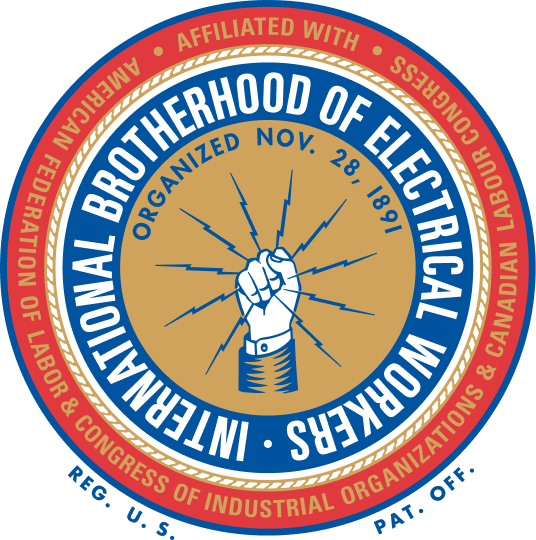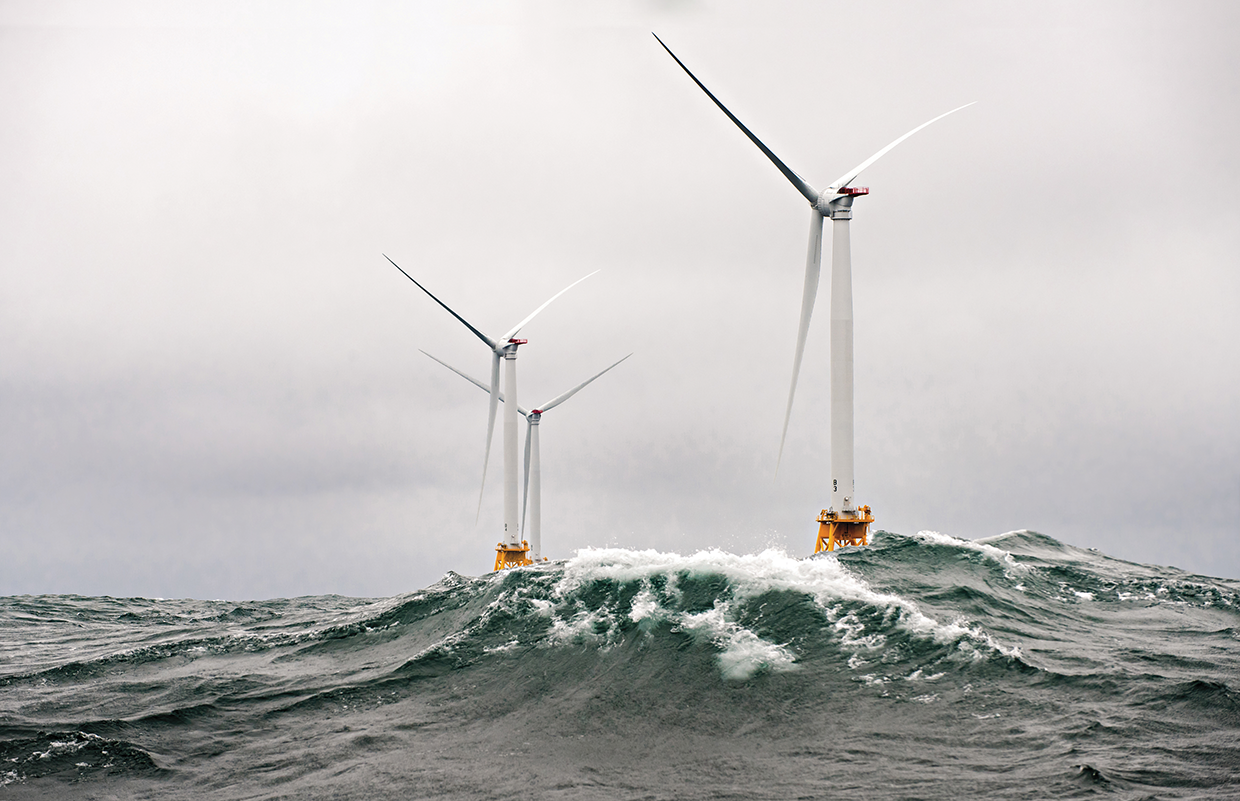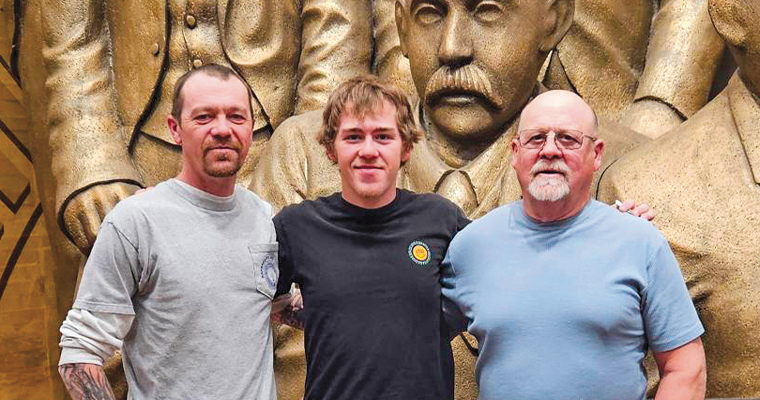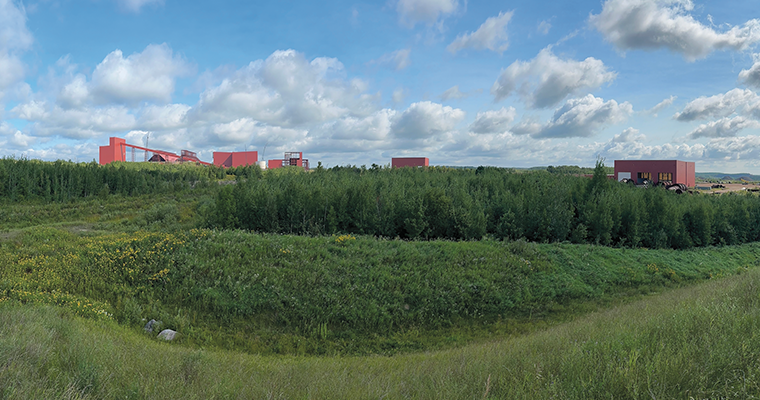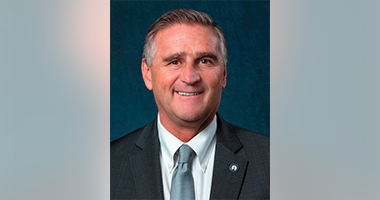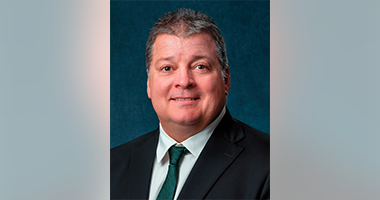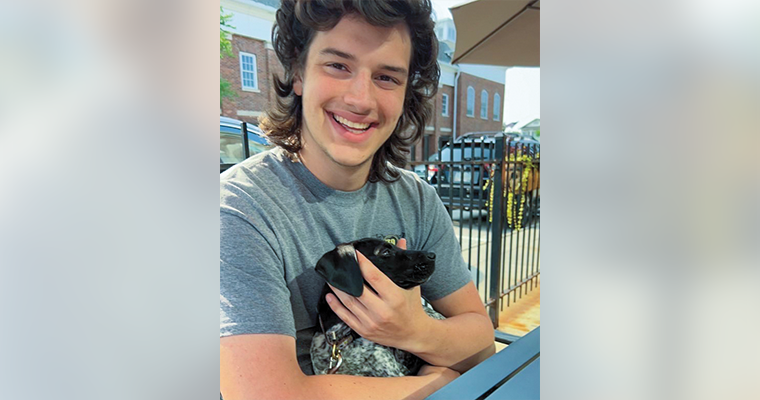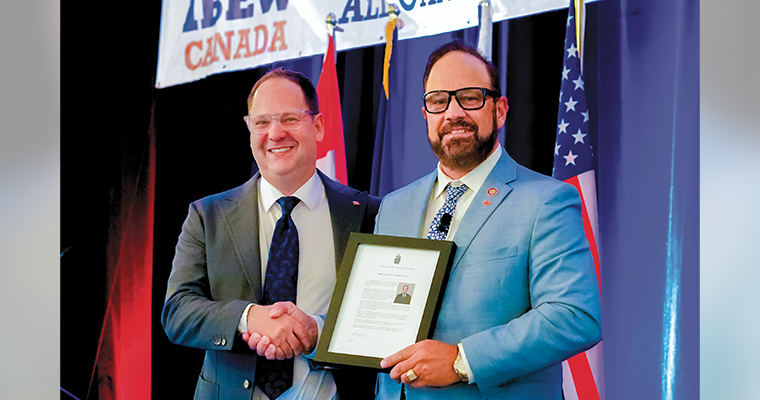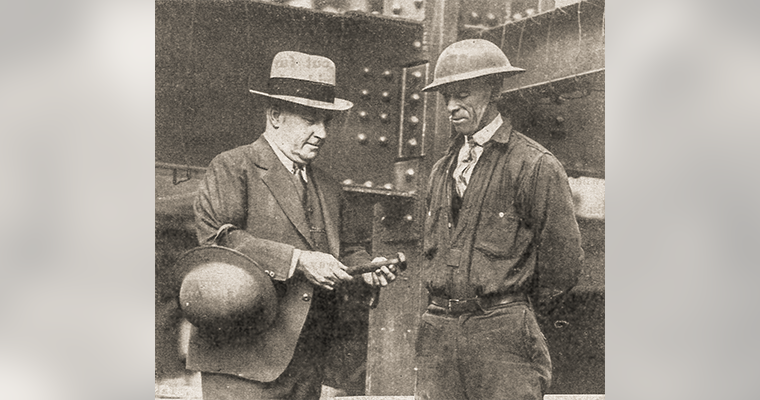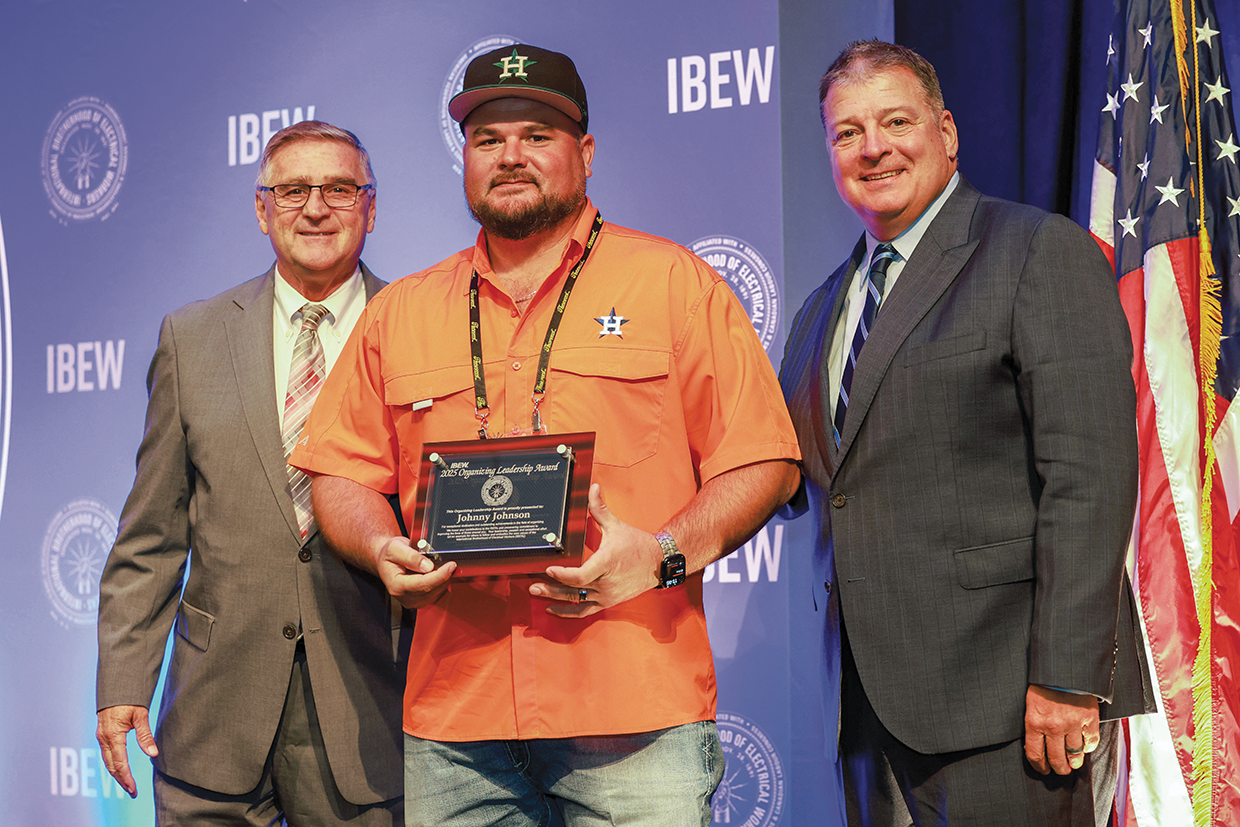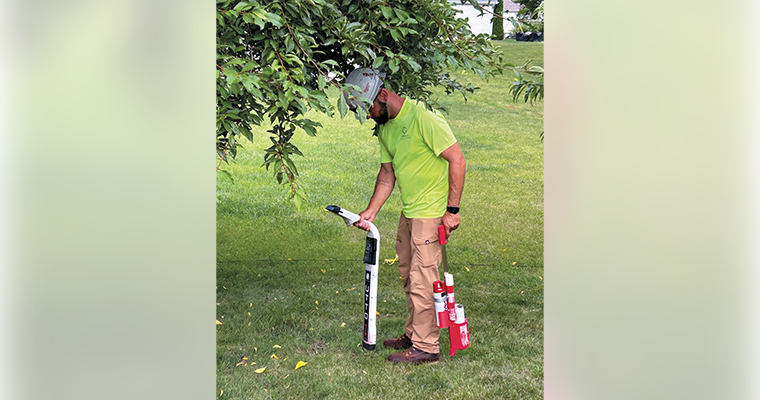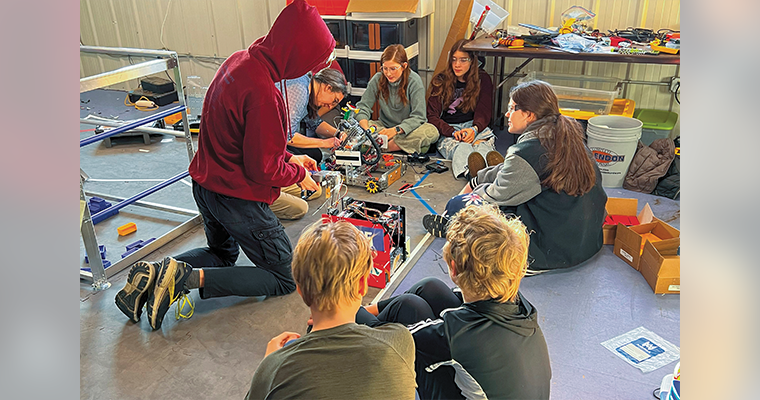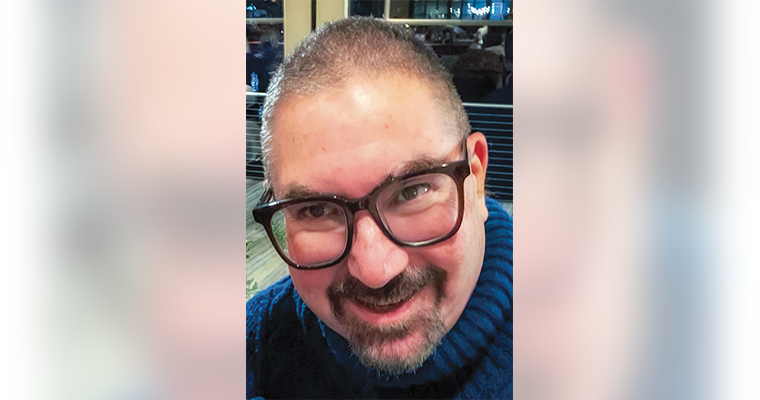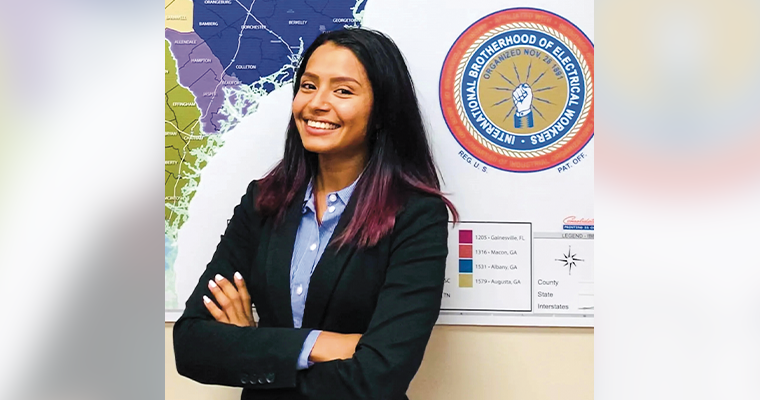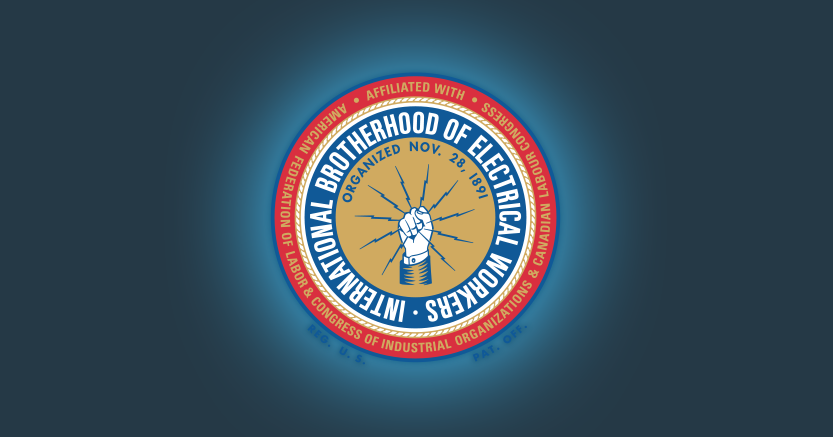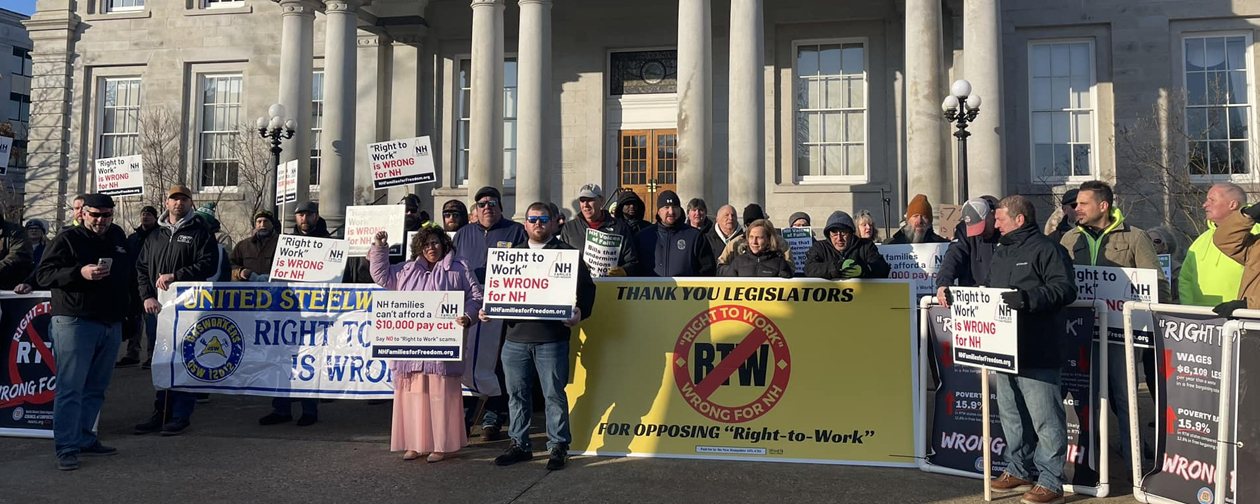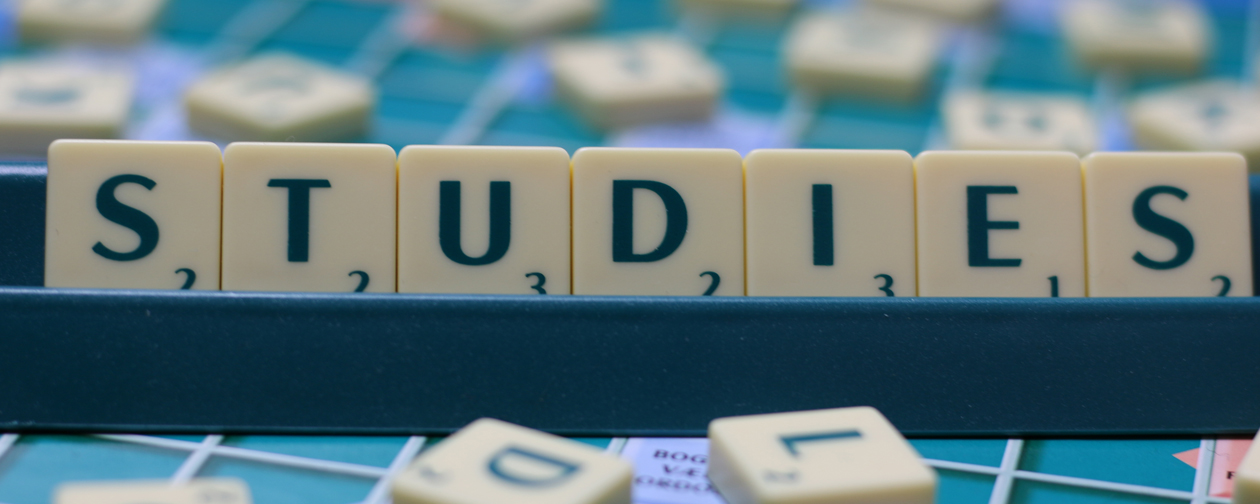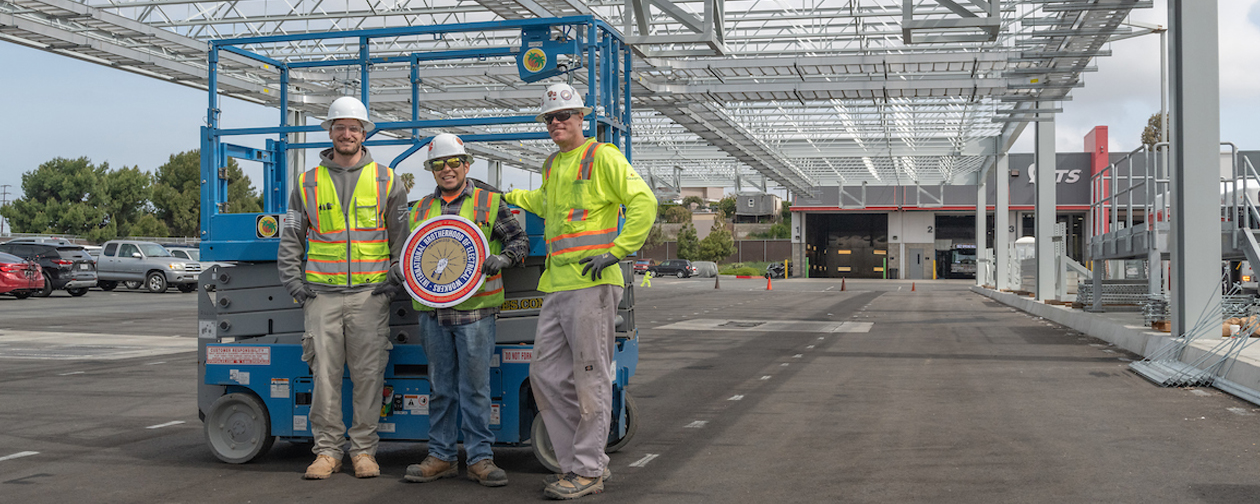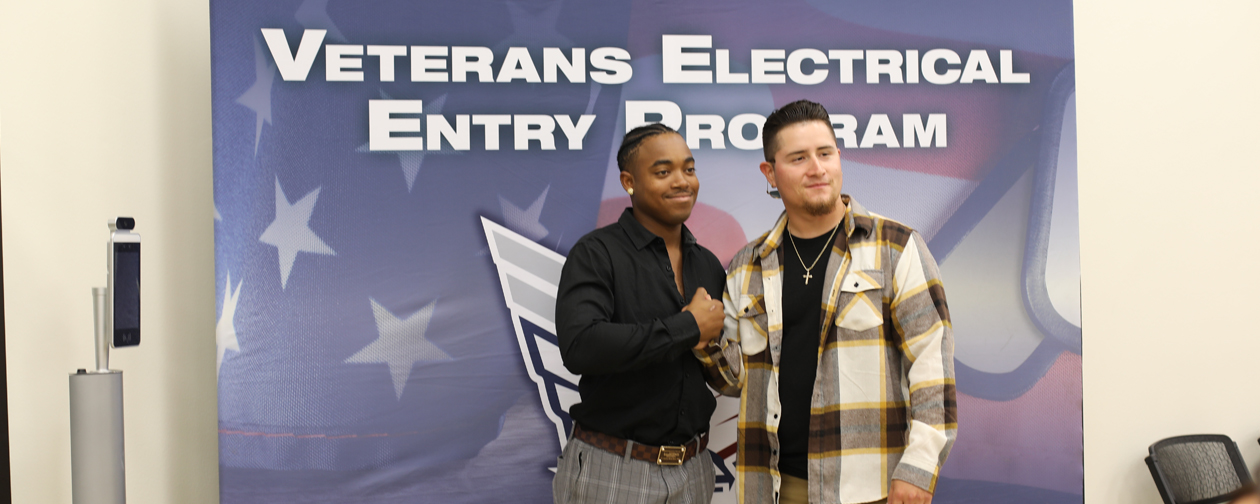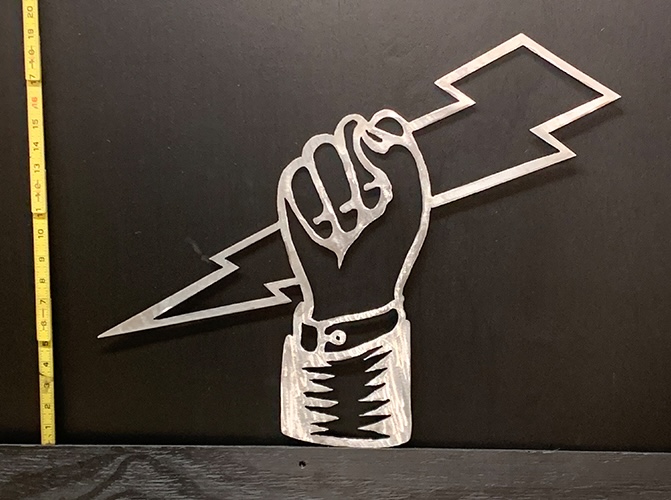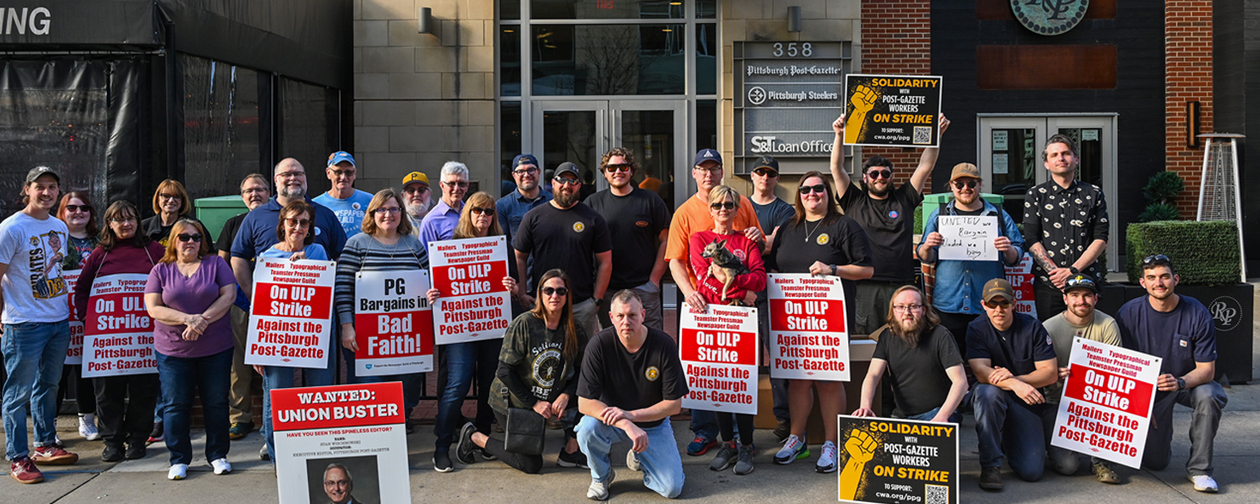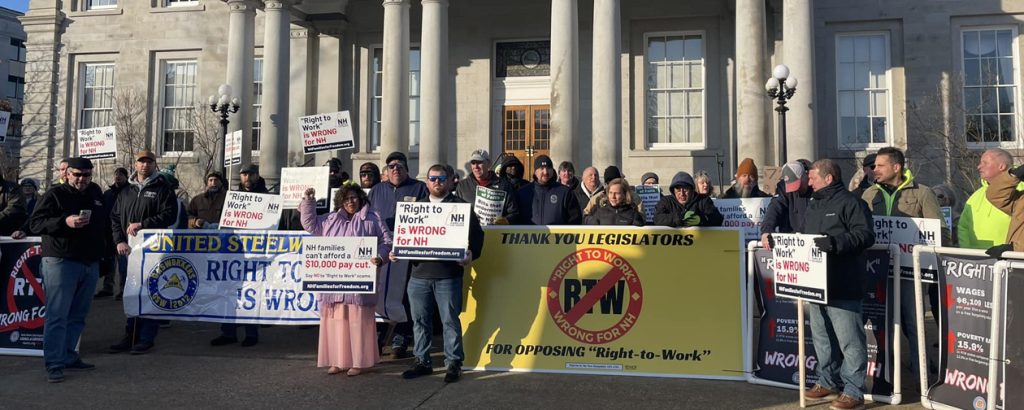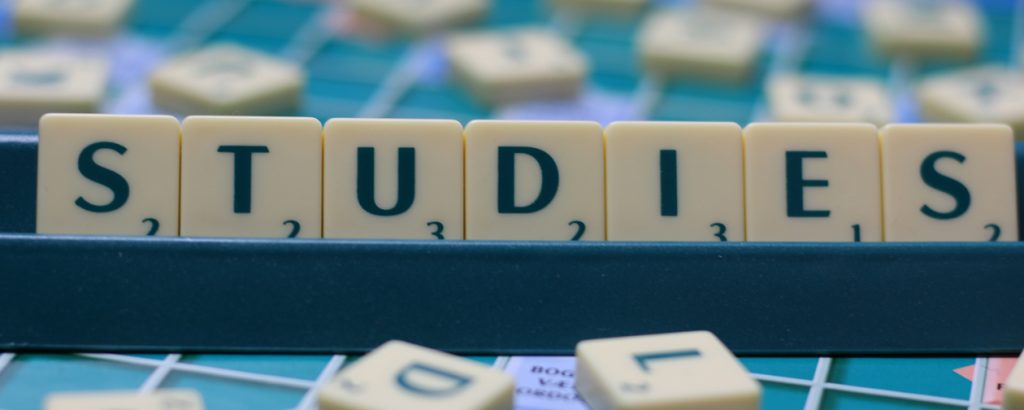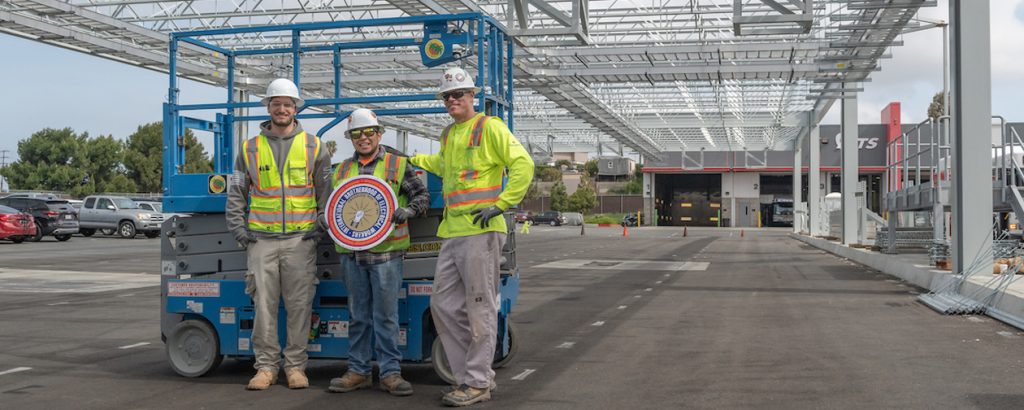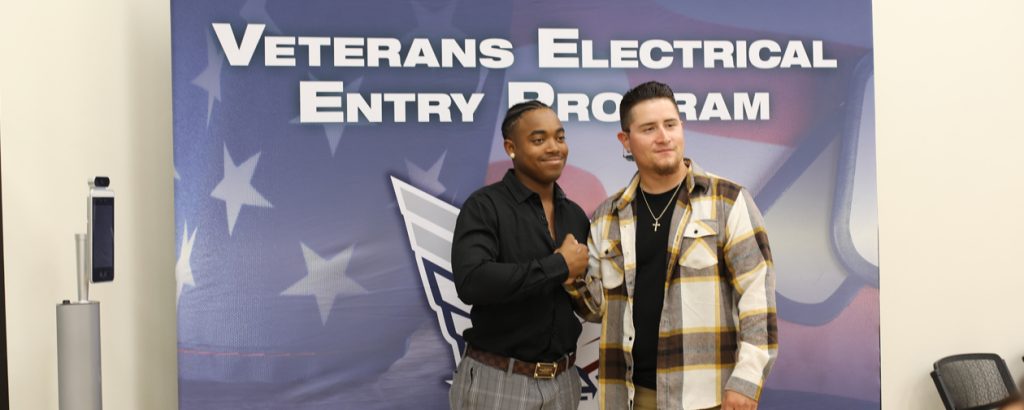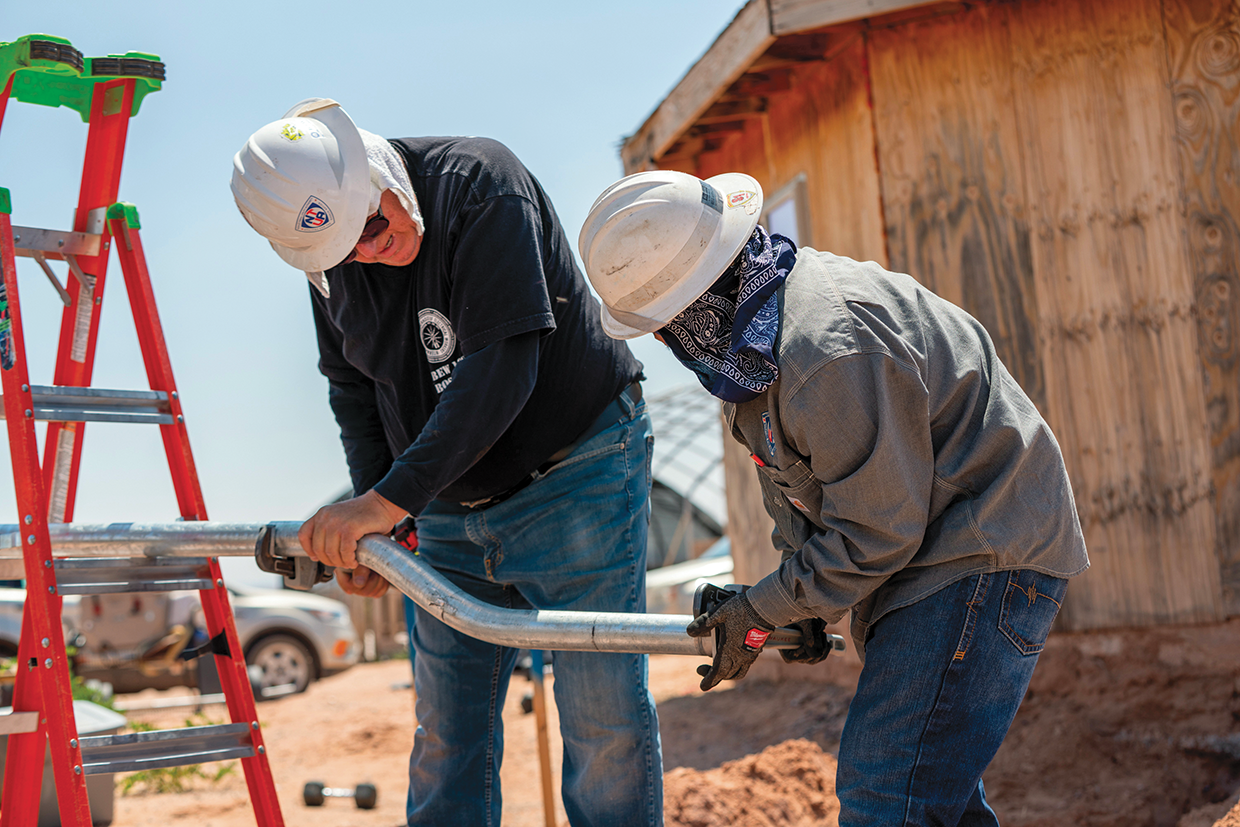
As Electrical Workers Without Borders North America continues bringing power to homes in the Navajo Nation, there is one vitally important way for IBEW members and friends to participate.
Send cash.
“We need funding to keep this going,” EWWBNA Executive Director Jim O’Leary said. “This is not a one-off thing. It’s a multiyear project. There is a cost to it.”
Donations can be made at the group’s recently revamped website, ewwbna.org. Click on “Donate Today” in the top right corner of the home page.
O’Leary said the group gets an onslaught of requests from volunteers when its work is publicized — and it’s easy to understand why. IBEW members skilled in the trades are looking to put those skills to work and help those less fortunate.
But the organization has a more urgent need for financial donations, especially as work continues at the massive Navajo Nation, which is nearly 27,000 square miles, larger than West Virginia.
Anyone wanting to volunteer is asked to contact their local union officers, who will then contact Electrical Workers Without Borders.
“It’s good work, it’s God’s work, and we’re doing it,” said New York Local 3 Business Manager and International Executive Council Chairman Chris Erikson, EWWBNA’s president. “IBEW strong.”
EWWBNA was founded by International President Edwin D. Hill in 2016, based on the principle that no one on Earth should go without electricity.
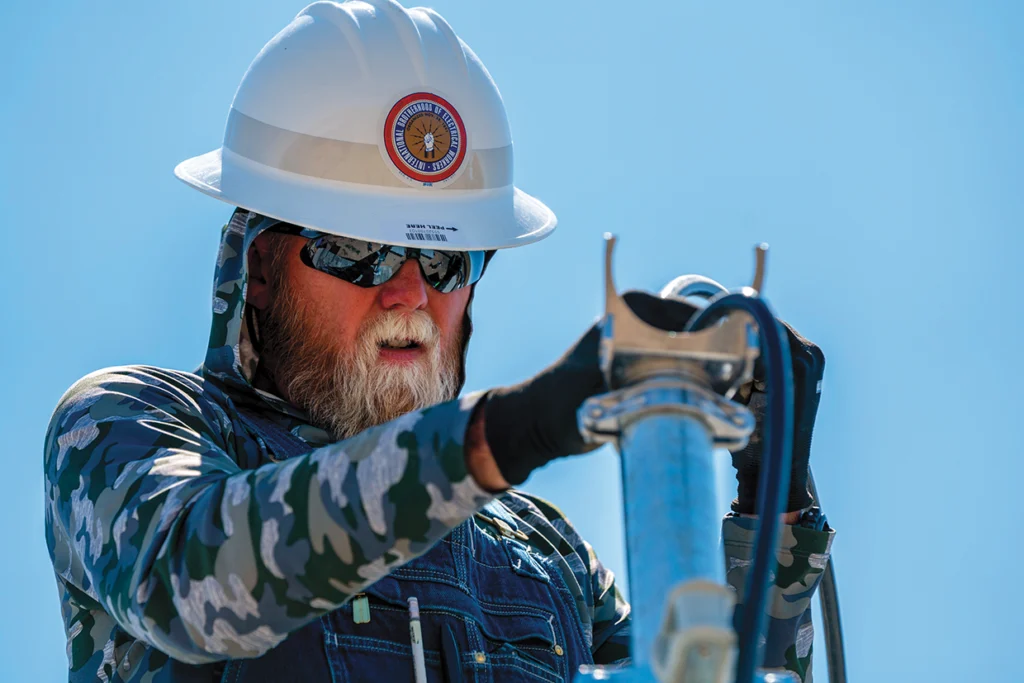
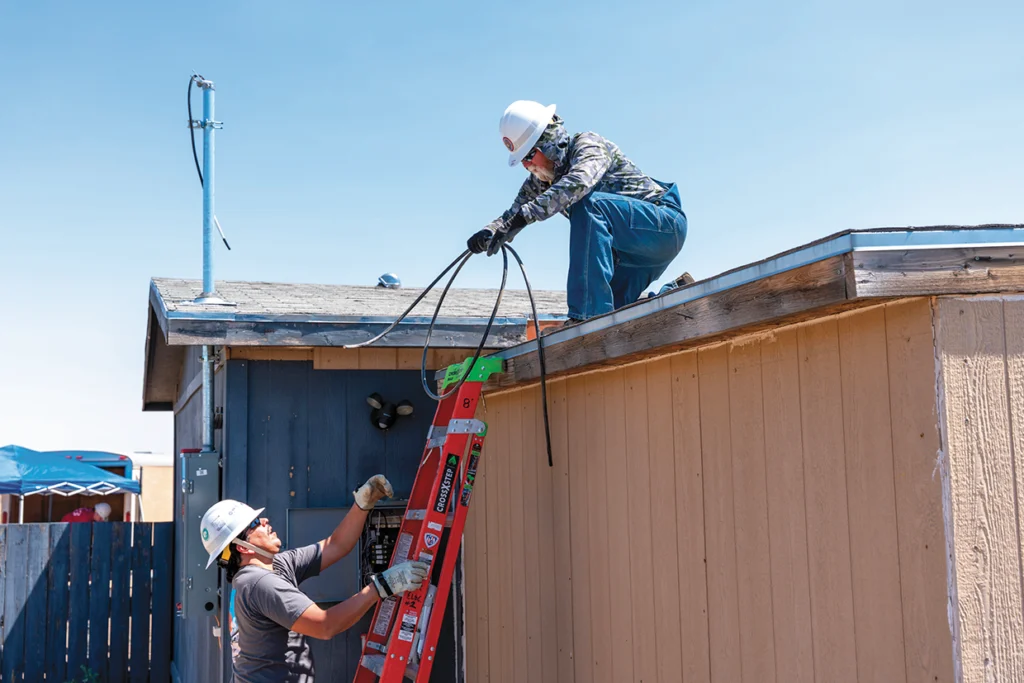
IBEW electricians battle heat and a lack of infrastructure while bringing electricity to homes in the 27,000-square mile Navajo Nation.
It has upgraded and installed electrical grids in Africa, South America and the Caribbean before turning its attention to the Navajo Nation, which is mostly in northeastern Arizona but also stretches into New Mexico and Utah.
IBEW members have installed 180 miles of power line and hundreds of homes have been connected, but its work is merely scratching the surface. O’Leary noted that before the partnership, the Navajo Tribal Utility Authority estimated that it would take more than 50 years to bring electricity to the approximately 13,000 homes without it, due to its lack of infrastructure and resources.
By attracting more funding to field more volunteers, EWWBNA hopes to speed that up considerably.
“This is not going to happen overnight,” said Erikson, noting that dozens of IBEW wiremen and linemen are returning to Navajo this fall. “This is an effort that will take many years and the support of the IBEW, its valuable networks and open-hearted membership.”
All donations to EWWBNA are fully tax-deductible. O’Leary said the organization is working with utilities who partner with the IBEW to provide more funding. Vacaville, Calif., Local 1245 is sending 17 volunteers this fall employed by PG&E and Alvah Construction.
Inside locals sending members to volunteer include New York Local 3; Long Island, N.Y., Local 25; Syracuse, N.Y., Local 43; Boston Local 103; Wichita, Kan., Local 271; Albuquerque, N.M., Local 611; and Watertown, N.Y., Local 910.
“It’s giving back,” Erikson said. “It’s what we do. I couldn’t be more proud of our members.”
Electrical Workers Without Borders North America needs donations to continue its critical work bringing power to the Navajo Nation. Donations are tax-deductible. Scan the QR code or visit: https://ibew.org/light-up-navajo-house-wiring-project-brings-electricity-to-long-neglected-region/

